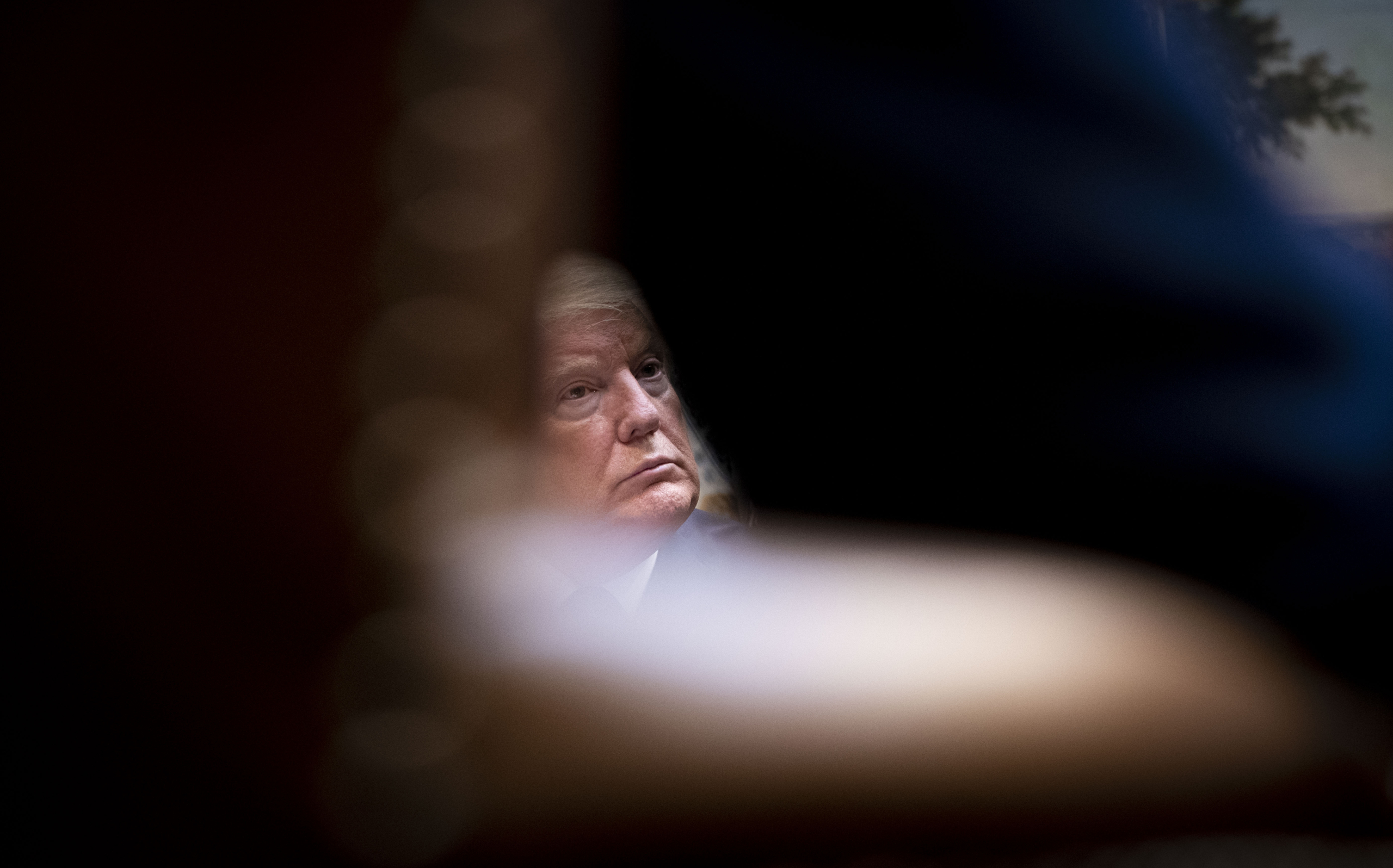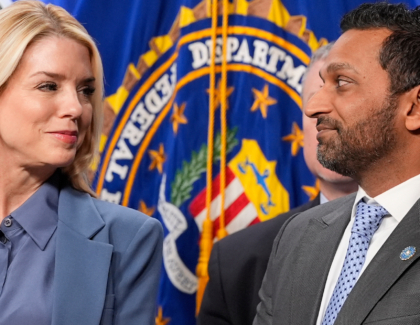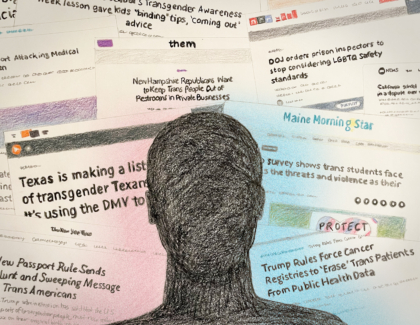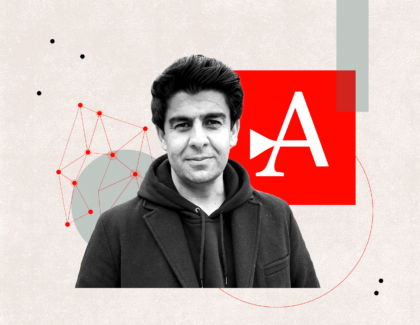Sign up for the daily CJR newsletter.
This summer, the commentariat revisited a favorite debate: Is Donald Trump going to prison?
The speculation heated up in the weeks before prosecutors in the office of Manhattan District Attorney Cyrus Vance indicted Allen Weisselberg, the chief financial officer of the Trump Organization, along with the company itself, for alleged tax fraud. In late May, New York Attorney General Letitia James announced that her office had converted its civil investigation into a criminal one. Her office, it was also reported, had begun working jointly with Vance’s office, which, for its part, convened a special grand jury to gather evidence in the investigation.
Taken as a whole, the news suggested some progress in the investigations. But it was hard for me, as a former federal prosecutor who specialized in financial fraud, to say much more than that.
There is no formula that determines when to convert a civil investigation into a criminal one, and it was not clear at the time what had triggered James’ decision. As for Vance, special grand juries are not unprecedented in significant cases. The rules around grand juries in New York mean that quick indictments for complex or large cases are more difficult than in the federal system. And although joint investigations between the two offices are rare, there may have been banal pragmatic considerations at play.
The news coverage generally missed these nuances. The Washington Post, for instance, reported that James’s investigation posed a threat to Trump’s liberty. And the New York Times noted that the office’s decisions to work together “increased the investigative muscle looking into the former president and his family business.”
These were defensible claims, in isolation. But they floated on a palpable desire to extract as much drama as possible, and to grasp for some kind of final reckoning. Politico reported that Vance “could be considering a criminal charge that former President Donald Trump’s business empire was a corrupt enterprise.” The basis for this claim, as cited in the story at least, was answers to questions that the reporters had themselves posed searchingly to lawyers with no connection to the ongoing investigations. Insider jumped a few steps in its coverage. It ran a story with the headline “Secret Service protection would follow Donald Trump if he goes to prison, former agents say.”
Analyzing it all were legal commentators—often former prosecutors themselves who, for the most part, are ready to tell readers and audiences that whatever news is at hand is bad for Trump. Politico’s legal affairs columnist posited that “James’ confidence is likely based on some very compelling evidence” and that “Trump in some respects has already lost the criminal investigation of the Trump Organization.” A former prosecutor from the Manhattan district attorney’s office told Bloomberg that James’ announcement “means we’re closer to the completion of the investigation.” A legal commentator at The Atlantic wrote that “Donald Trump, those around him, and the country as a whole” are “inch[ing] closer to the prospect that a former president could face criminal charges, and possibly even prison time.” And although she later acknowledged that whether any of this “will lead to indictments is unknowable,” she then proceeded to devote two paragraphs to the process of extraditing Trump from Florida to New York to appear in criminal court.
—
I am part of the problem. As a former federal prosecutor, I have advocated at length for federal criminal investigations into Trump’s conduct on several fronts—focused, in particular, on Trump’s finances and his election-meddling, as well as his conduct around the siege of the US Capitol in January.
At the same time, I have tried to remain cautious in reacting to every twist and turn in the New York investigations—to avoid premature predictions, or perhaps even wishful thinking, about Trump’s demise. Last August, for instance, the New York Times reported that Deutsche Bank had provided Vance’s office with detailed information that Trump had given to the bank. Several former-prosecutors-turned-commentators suggested that comparing those numbers to potential documents from Trump’s accountant would, if they were different, be enough to support criminal charges. One prominent legal pundit suggested that Trump might even be charged before the November election. At the time, I felt that this was insane, but some legal pundits persisted in suggesting that such a case, as one put it, “would be easy.”
The tenor of the coverage remained the same in the run-up to the Weisselberg indictment, which failed to produce the charges against Trump (at least for the time being) that many seemed to expect. For those who remain optimistic on that score, the question has now become whether Trump might be charged as part of the Weisselberg case or in connection with separate criminal misconduct, but some key points are still worth keeping in mind.
Much of the coverage to date has suggested that New York investigators are focused on various accusations of fraud—tax, bank, real estate, or insurance fraud—but generally speaking, fraud charges require intentional and material misrepresentations to obtain money or property. That means that investigators have to determine that the relevant figures are materially false or misleading—an assessment that can be complicated by factors including industry- and context-specific reporting and valuation conventions, as well as measures that may differ over reporting periods (for instance, a fiscal year that does not track the calendar year). Investigators would also need to closely evaluate accompanying disclosures, in written documents or verbal conversations, to ensure that the potential inaccuracies were not adequately identified.
These are among the reasons that accounting and legal experts told the Washington Post in early 2019 that they were skeptical that Trump might face serious legal liability based on their review of a selection of Trump’s financial statements that the Post had obtained. Good prosecutors are mindful of these nuances—particularly in large and complex data sets.
The other crucial thing to consider is that documents do not commit fraud; people do. Even assuming that investigators identify misstatements that could support a fraud case, they would also need to identify culpable individuals with criminal intent. That means ascertaining the involvement of anyone who had a hand in preparing the relevant information—including accountants, lawyers, and auditors—which can be yet another labor- and time-intensive undertaking. The involvement of different parties can provide people with plausible deniability about whether and to what extent they knew that someone else was engaged in wrongdoing. For Trump, these people may also provide distinct layers of legal insulation that could impede investigators’ ability to establish whether and to what extent Trump—who notoriously does not use email—may have been directly involved in any questionable dealings. The charges against Weisselberg reflect these legal and practical considerations: the indictment and news reports suggest that prosecutors relied on documentary evidence as well as testimony from an insider.
For this reason, the best legal observers have underscored the imperative in complex financial fraud investigations to secure a knowledgeable and credible insider who can serve as a cooperating witness. Earlier this year, Andrew Weissmann—one of Mueller’s deputies during the Trump-Russia investigation and someone who is better than most at putting Trump-related legal developments in their proper context—told me that he thought it would be “critical” for prosecutors to “flip” Weisselberg, and whether that will happen, even in the wake of Weisselberg’s indictment, remains to be seen. (Disclosure: Weissmann hired me at the Justice Department.)
—
And then, of course, there is always the human factor—stories about people involved in these matters. There are some relatively harmless, if not outright humorous, quasi-messianic headlines about senior prosecutors working with Vance (“Perfect Guy for the Job”) and James (“Known for Aggressive Pursuit of Evidence”).
But there is also a more questionable indulgence of people with attractive stories whose knowledge, importance, or credibility are far from clear and who one suspects, along with their lawyers, can use the media to exaggerate their own importance, promote a particular narrative, or deflect blame. Trump’s onetime lawyer Michael Cohen fits this bill. But I have been particularly intrigued by Jennifer Weisselberg, who, until 2018, was married to Allen Weisselberg’s son, Barry.
Last year, she provided documents to Bloomberg suggesting that Trump may have given her and her ex-husband a rent-free apartment in a manner that ran afoul of the tax code—thereby creating the possibility, in theory at least, of leverage over Barry Weisselberg that prosecutors could use to incentivize his father to cooperate. She later gave an interview in which she acknowledged that she came forward because she is trying to gain custody of her children, but the interviewer failed to question how well she actually knows her ex-father-in-law or Trump, or about whether she has ever had a conversation with either of them about her old apartment. In May, she casually claimed that Vance’s office had told her that she is “in danger,” and that she had been “set up” by her ex-husband and ex-father-in-law and “had to exonerate myself on some joint taxes”—whatever that means. She has continued to provide interviews with vague but scintillating suggestions that Trump has engaged in criminal misconduct.
Jennifer Weisselberg would hardly be the first witness in a large investigation with ulterior motives—a standard argument that the government uses at trial in such cases is that it is the defendant who selected these witnesses, not the government—but her reception by the media has been far too credulous. And, like Cohen, every interview that she gives to the media reduces her value as a cooperator, since these appearances provide a future defense lawyer with further ammunition to undermine or cross-examine her. Of course, it is not the media’s responsibility to manage that problem for the government, but generally speaking, a cooperating witness that is of particular value to the government would not be on television constantly.
—
The media ought to do its best to integrate these sorts of considerations into its coverage of the ongoing investigations in New York—which may not end anytime soon—and to be skeptical of anyone with easy or predictable answers. For good lawyers, assessing someone’s criminal exposure is far more an art than a science. Our lack of insight into the full range of facts being gathered by investigators hampers our ability to confidently make predictions about what (if any) additional prosecutions may result, and criminal investigations are not always linear—they zig and zag, they go in unpredictable directions, and the odds that anyone (much less one specific person) will be charged go up and down over time.
The considerable anti-climax of the Mueller investigation should be a cautionary tale. The public deserves our best effort to convey and evaluate the full range of possibilities as facts continue to unfold, and to acknowledge the many uncertainties that remain.
Has America ever needed a media defender more than now? Help us by joining CJR today.







